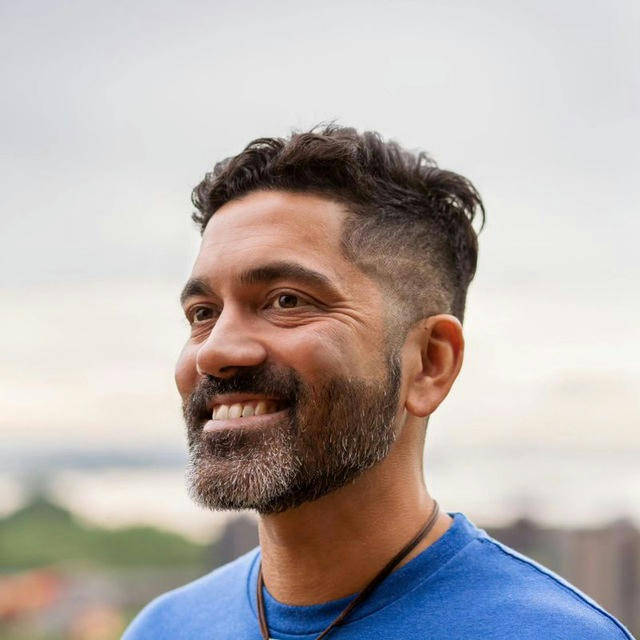
SudhirTV
- Subscribers
- Post coverage
- ER - engagement ratio
Data loading in progress...
Data loading in progress...
Our cozy tripartite labour relations model; gig workers finally platformed; Founders’ Memorial; “cancel culture” in Singapore; the Pope’s visit, Singapore Literature Prize winners; and the desirability of working from Johor Bahru.
A young Singaporean reviews a famous diplomat’s memoir, and reflects on the many meanings of the word “undiplomatic”, including some that may have changed across generations.
Origins of the Singapore-India love affair, the PM wants more women in the next election, blackface (again!), High Court moves to protect rape victims, a new memorial to Bukit Brown, Carro makes a shocking move into recruitment, and more.
To understand Singapore's north-east, one must dig into its colonial past, its religious and ethno-linguistic moorings as well as post-independence resettlement policies.
Workers' Party enters the hallowed POFMA club, SMEs fret over parental leave, yet another country wants to become Singapore, a collector enriches NAS holdings, Ayad Akhtar's “Disgraced”, MoneyHero makes a laughable offer to acquire a competitor, and more.
By living abroad, a Singaporean journalist becomes more aware of her own social conditioning, and attempts to rewire her “authoritarian brain”, in the process opening herself up to more of life’s possibilities.
An all-purpose National Day rally speech, PAP twinning with the opposition, students required to phone it in, a concerted effort against consumption, the new Islamic Studies college, an uptick in arts patronage, death of a local jazz master, PropertyGuru sees wisdom in going private, and more.
Jom is looking for a part-time head of product and revenue (5-7 hours/week). Job description The head of product and revenue is the primary driver of product, business and revenue growth for Jom, a weekly digital magazine. The position reports directly to our CEO. You will be joining a
Your current plan allows analytics for only 5 channels. To get more, please choose a different plan.
